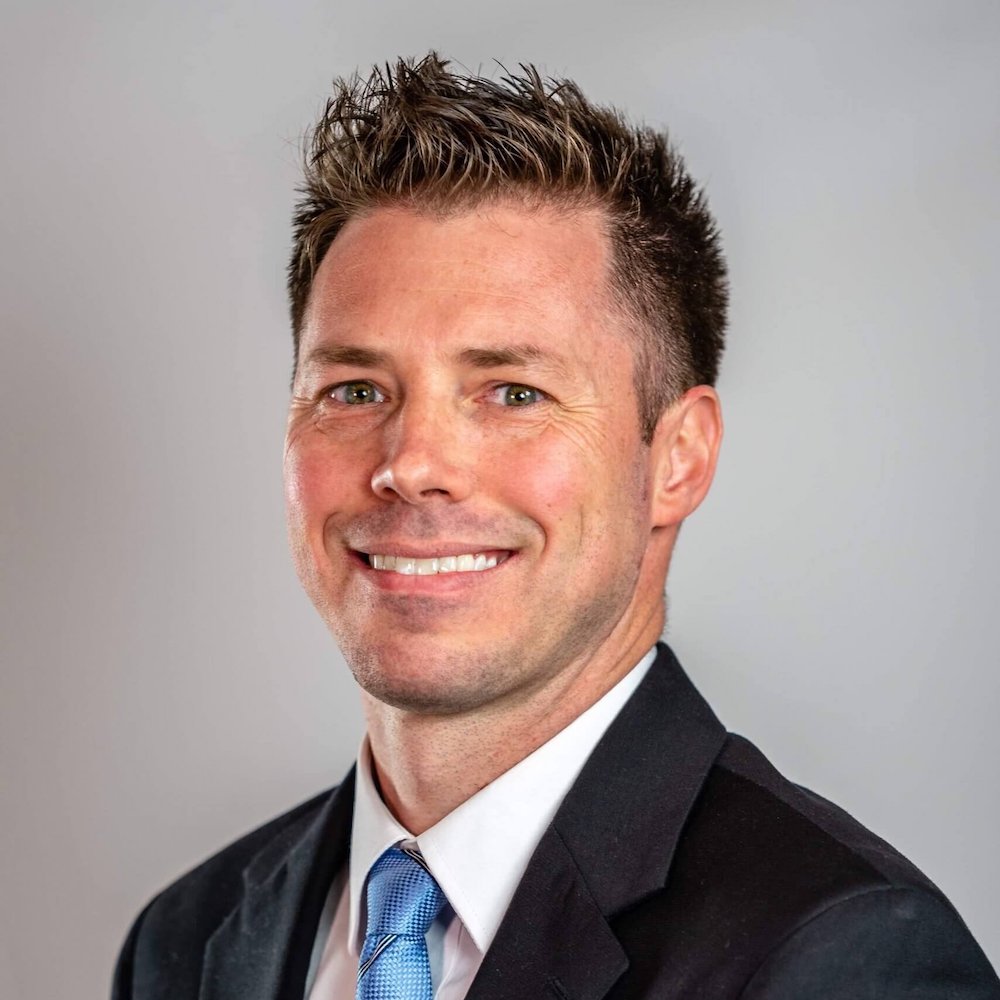I haven’t been following the National Eucharistic Pilgrimage, which began two months ago from the Northern, Southern, Eastern, and Western parts of the United States. It wasn’t until I saw a picture online of the stadium in Indianapolis (where the pilgrims from the four corners of the U.S. converged) packed with over 50,000 Catholics for the kickoff of the National Eucharistic Congress that I realized what was happening. And I was moved. I’m sure for many individuals and families, they made no small sacrifice to be there.
My ignorance of the event wasn’t intentional or malicious—I had heard about it from the pulpit and gathered bits and pieces from various Catholic news sources. I thought about the pilgrims in the extreme heat we had this past week, especially since I had biked across the United States years ago on a similar type of pilgrimage during the steamy summer months. But all in all, I just wasn’t that invested in it, personally.
Admittedly, there was also a part of me that was slightly glib and cynical about the multimillion-dollar endeavor, “the joyful, expectant, grassroots response of the Church in the United States to the divine invitation to be united once again around the source and summit of our faith in the celebration of the Eucharist.” On more than one occasion, I made snide comments not unlike Judas with the money bag: “All that money…they could have at least used some of it to install altar rails in the churches and had a PR campaign to encourage communion on the tongue.” And other such things more traditionally-minded Catholics are prone to quip.
Orthodox. Faithful. Free.
Sign up to get Crisis articles delivered to your inbox daily
Part of my puzzlement of the whole affair perhaps comes from the fact that I am no stranger to Eucharistic devotion. Adoration of the Blessed Sacrament is my favorite form of prayer—it is natural, organic, unstructured; I can be myself before the Lord without words and in a communion of hearts. I don’t have to think; rather, I can simply soak in grace like rays from the sun. I make a scheduled 11 p.m. Holy Hour once a week and will always try to slip into an adoration chapel for prayer when I am able at other times as well.
If Jesus is truly present and exposed on the altar twenty-four hours a day, seven days a week, in my local chapel ten minutes from my house, why would I feel like He was any more present on a stage in Indianapolis? After all, this is not a once-in-a-lifetime Taylor Swift concert. Wherever the bread is confected by a priest, there Jesus is—body, blood, soul, and divinity. We transcend space and time every time we kneel before the Lord of Hosts because it is the exact same Lord that was nailed to a tree on Golgotha over two thousand years ago, made present in the flesh before us. If a Catholic hungry for the Bread of Life has it available to him or her in every Catholic church in America, every day of the week, what makes something like the National Eucharistic Congress necessary?
The National Eucharistic Congress has Jesus Christ as “the reason for the season.” The King of Kings holds primacy of place in the solitary monstrance and the packed stadium. But if it were truly just about Jesus—who is available to us everywhere in every Catholic Church in the U.S.—such a conference would be redundant.
It reminds me of people who go to a bar to drink. One can buy a six-pack and nurse a few beers in the comfort of his home. If it’s all about alcohol, why is a bar necessary? Or when I went to a talk on faith and reason at our local oratory a few years ago and a scholarly friend countered, “Or you could just read the source material” and sent me a link to the encyclical Fides et Ratio by St. Pope John Paul II. Or even the famous line from Good Will Hunting which comes to mind: “You dropped 150 grand on [an] education you coulda got for $1.50 in late charges at the public library.”
The fact is, people attend such events because the Body of Christ is as much a small ‘c’ church as it is a big ‘C’ one. We were made for community, for one another. We don’t eat TV dinners separately in our rooms for Thanksgiving—we come together at the dining room table as a family to feast corporally. We go to a bar not just to drink but for the comradery and social custom such a place affords. We go to a gym to be energized by the environment of pushing our bodies to the limit, even when we can do the same workout in our garage. We go to a talk not to download information into our brains but to spend time and talk with like-minded people at the reception afterward.
The Eucharistic Pilgrimage and Congress hold the potential to be a powerful public witness to those who may be unfamiliar with the staples of the Catholic spiritual life—Mass, personal and mental prayer, and the Eucharist—both inside and outside the Church. For non-Catholics to see over 50,000 Catholics united in prayer and custom by a humble Host may inspire them, if nothing else, to investigate the claims of the Catholic Church for the first time. It may ignite a true renewal on a personal level for those who attend it, whether they are already faithful or more lukewarm. For that, the National Eucharistic Congress should be praised.
[Photo Credit: Archbishop Sample (@ArchbishpSample) X Account]

